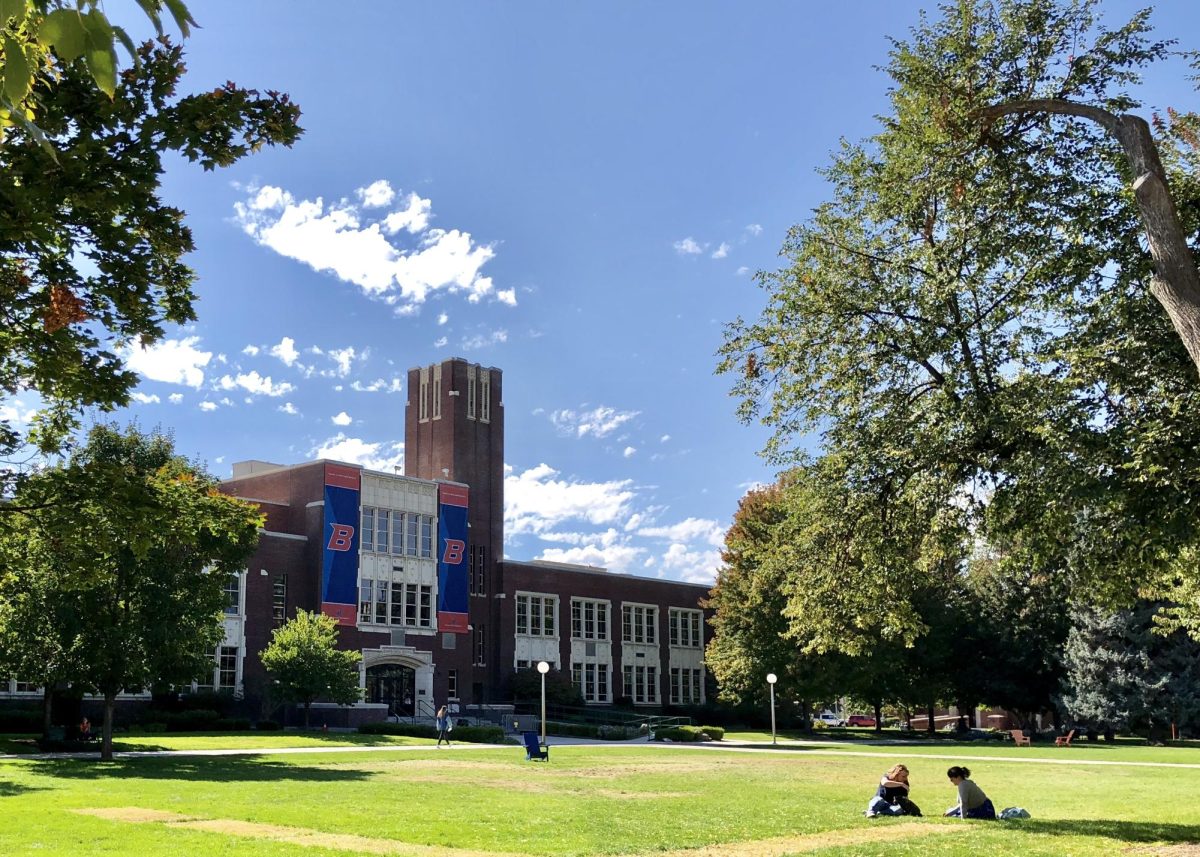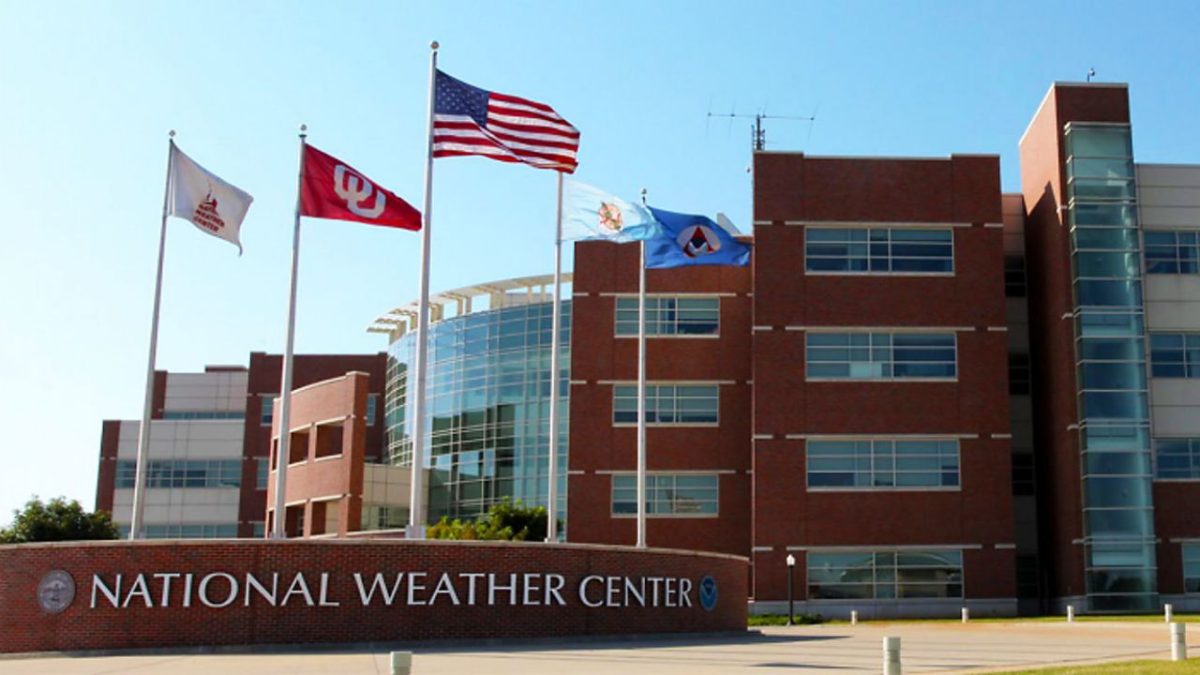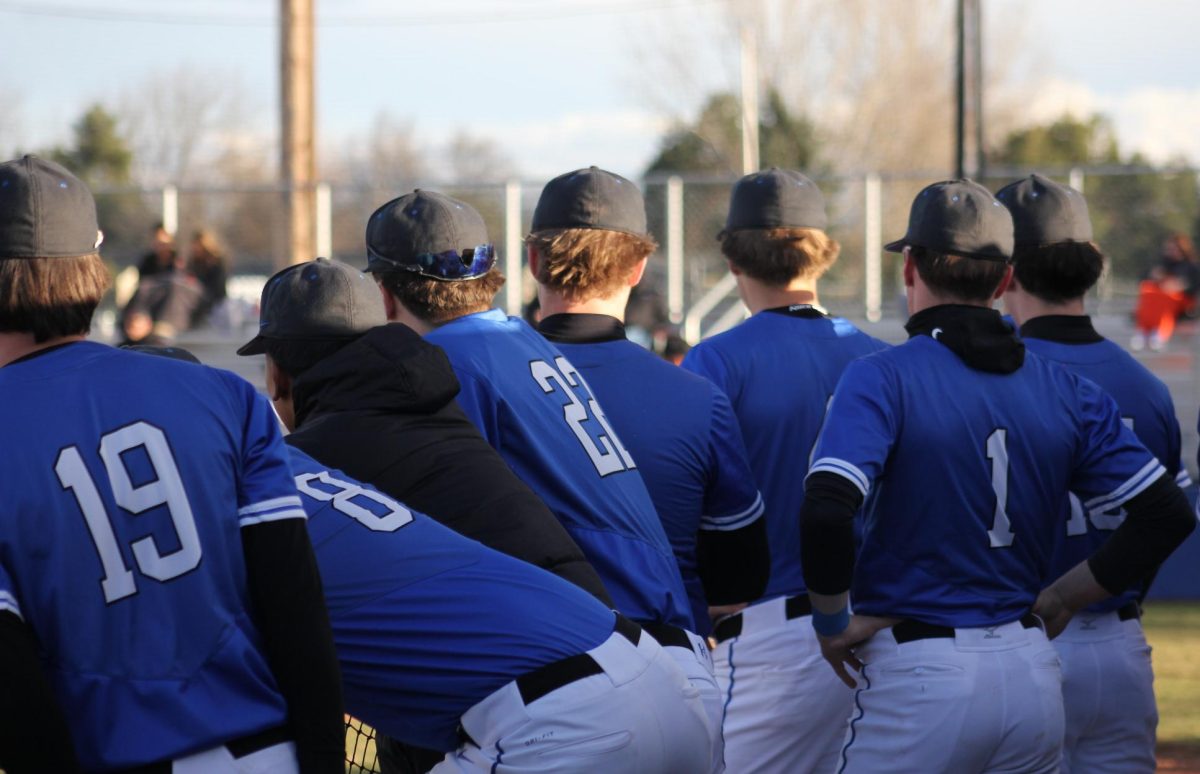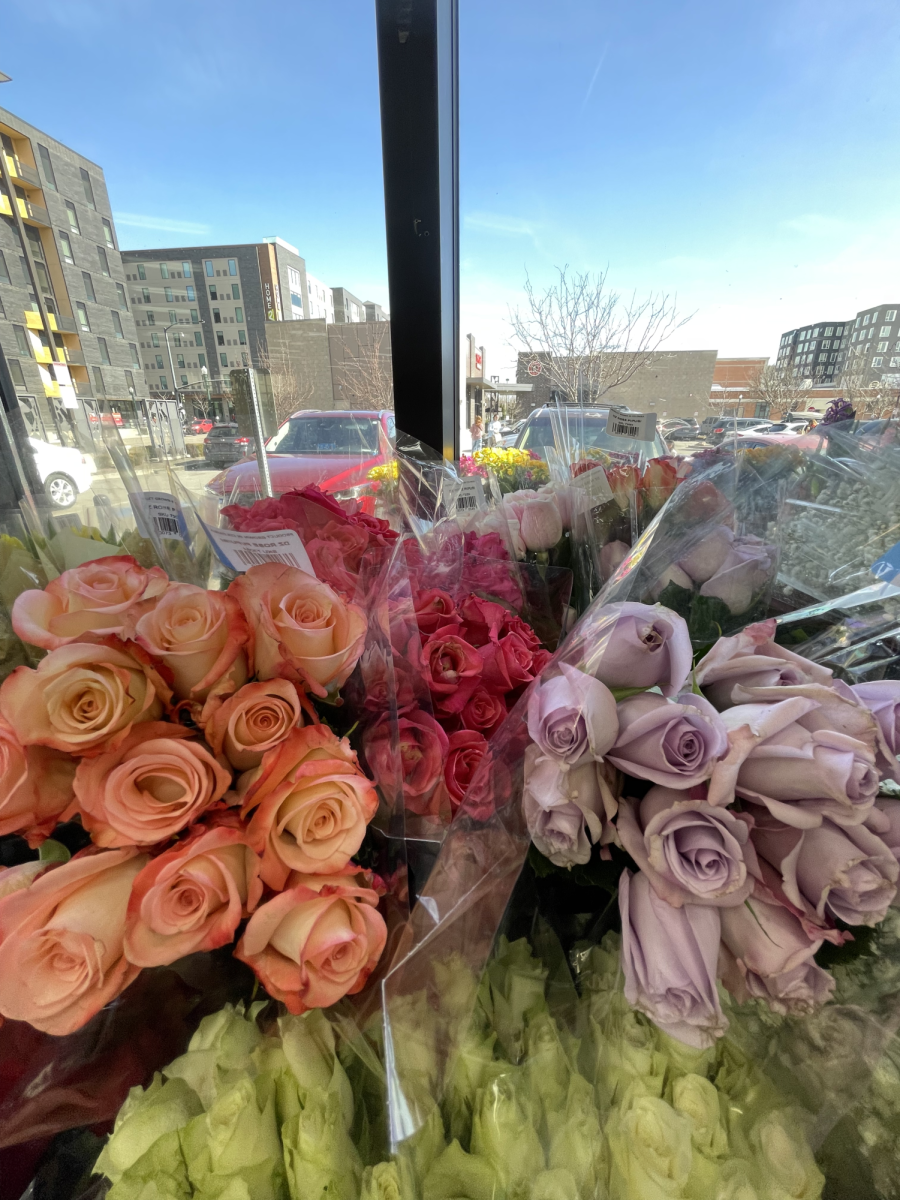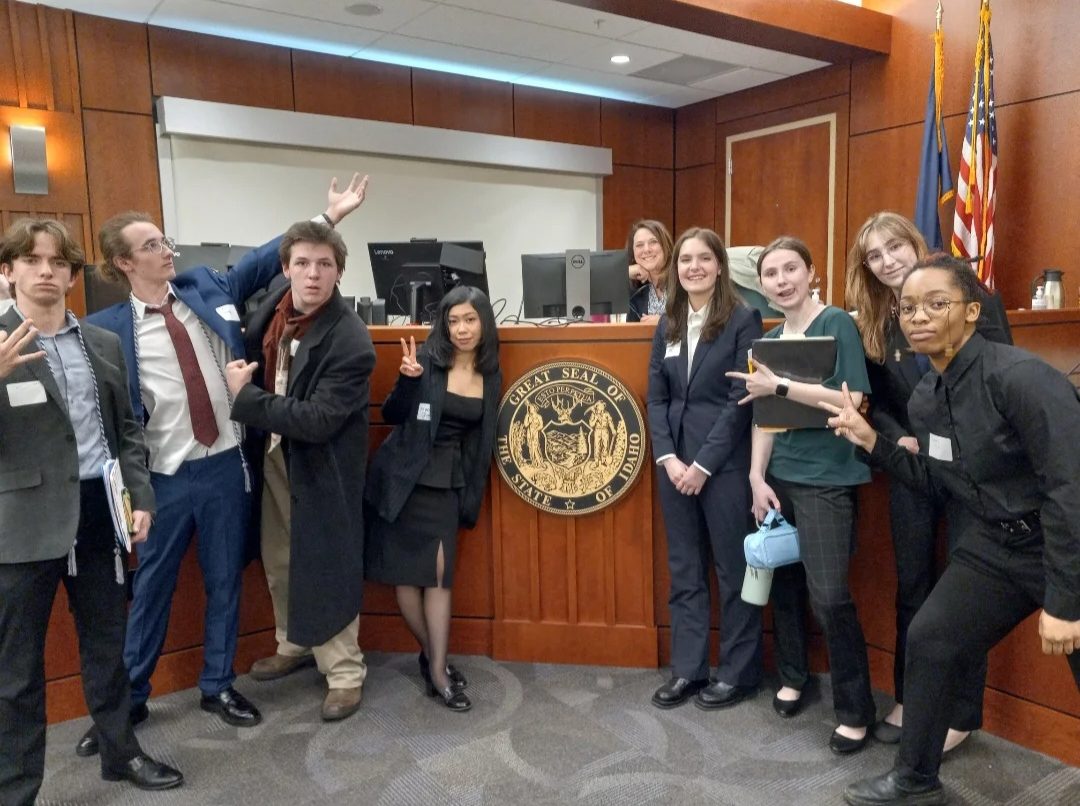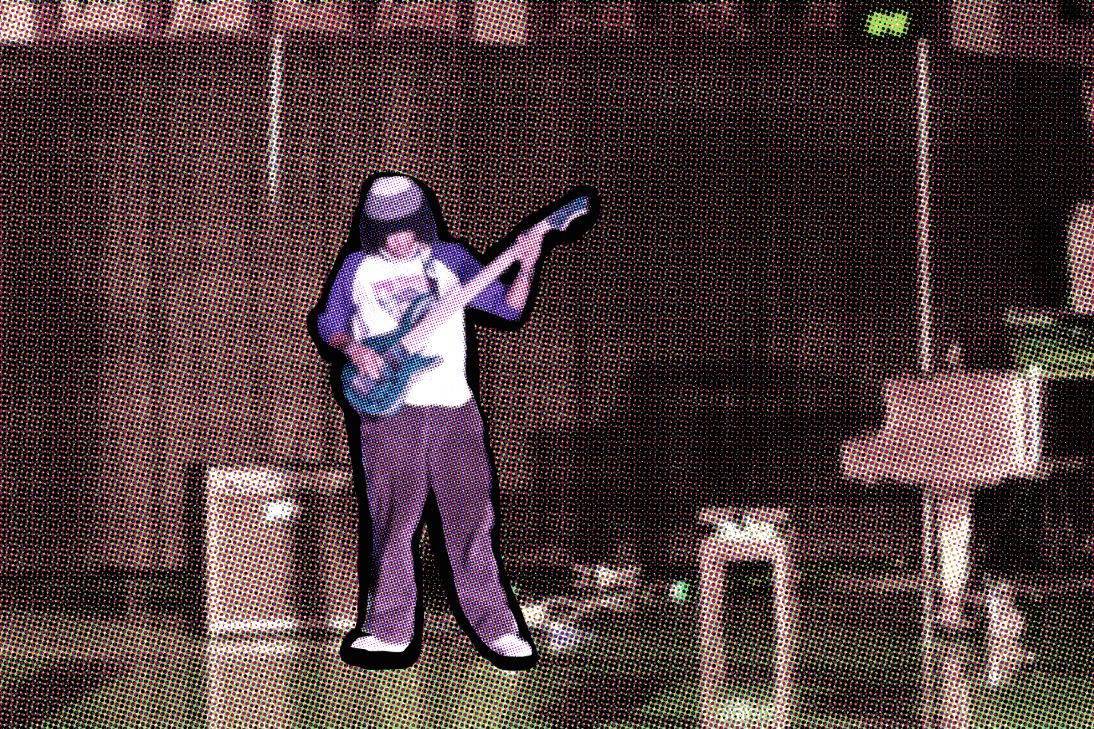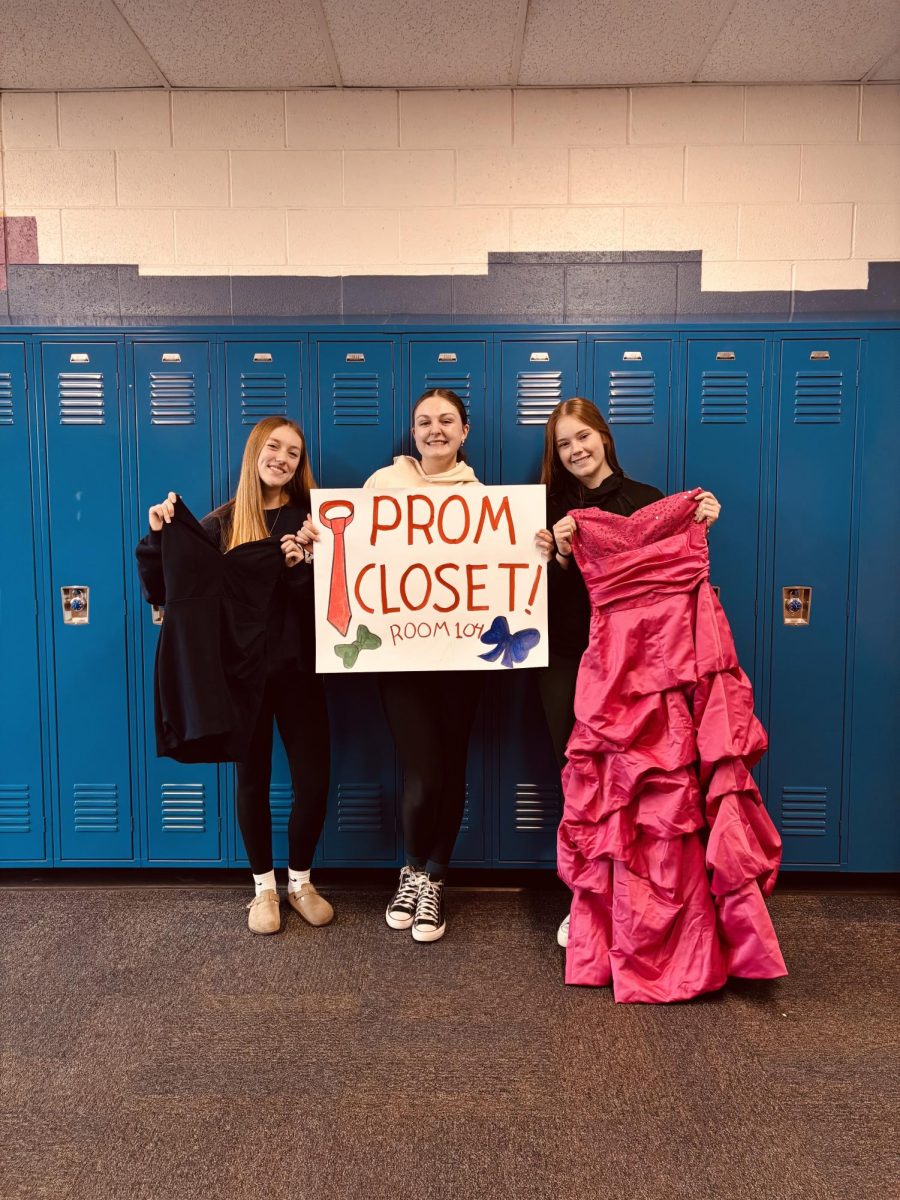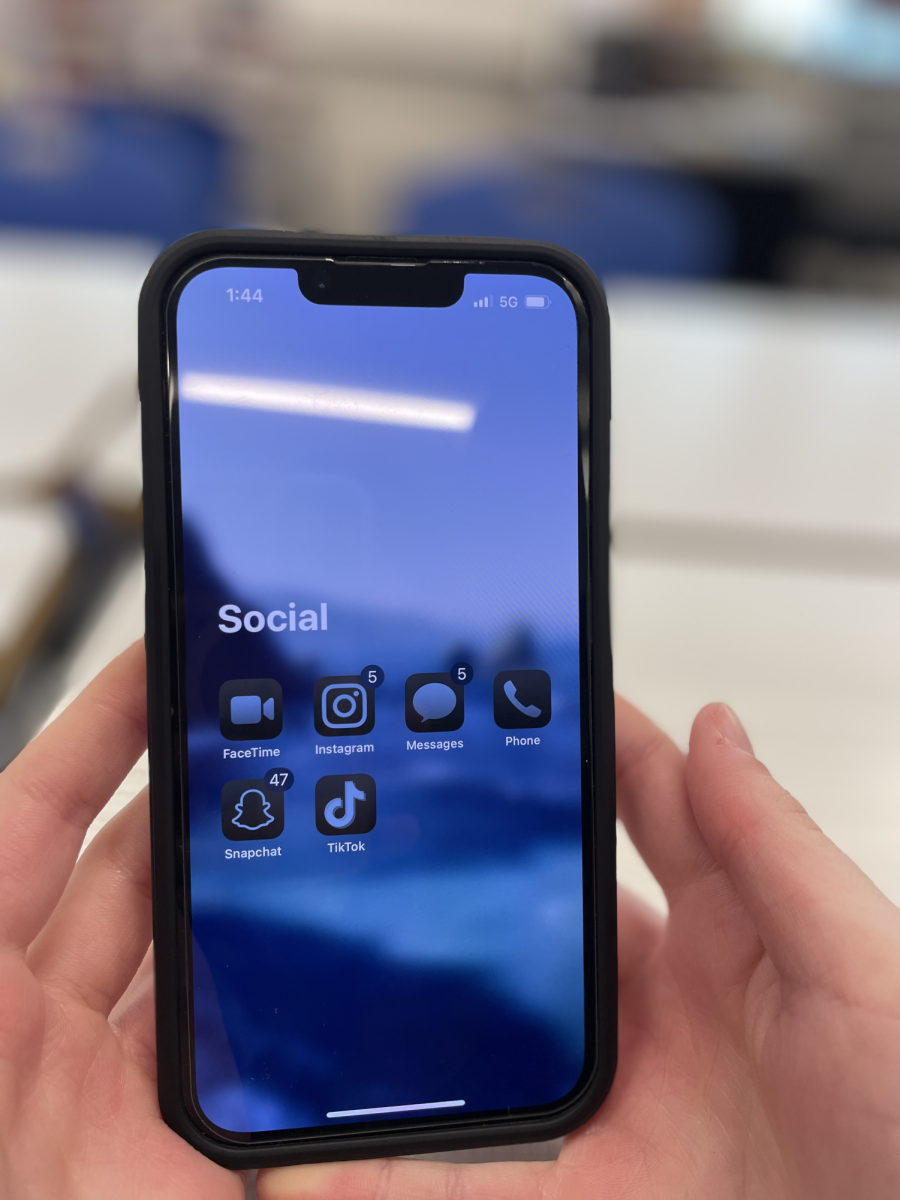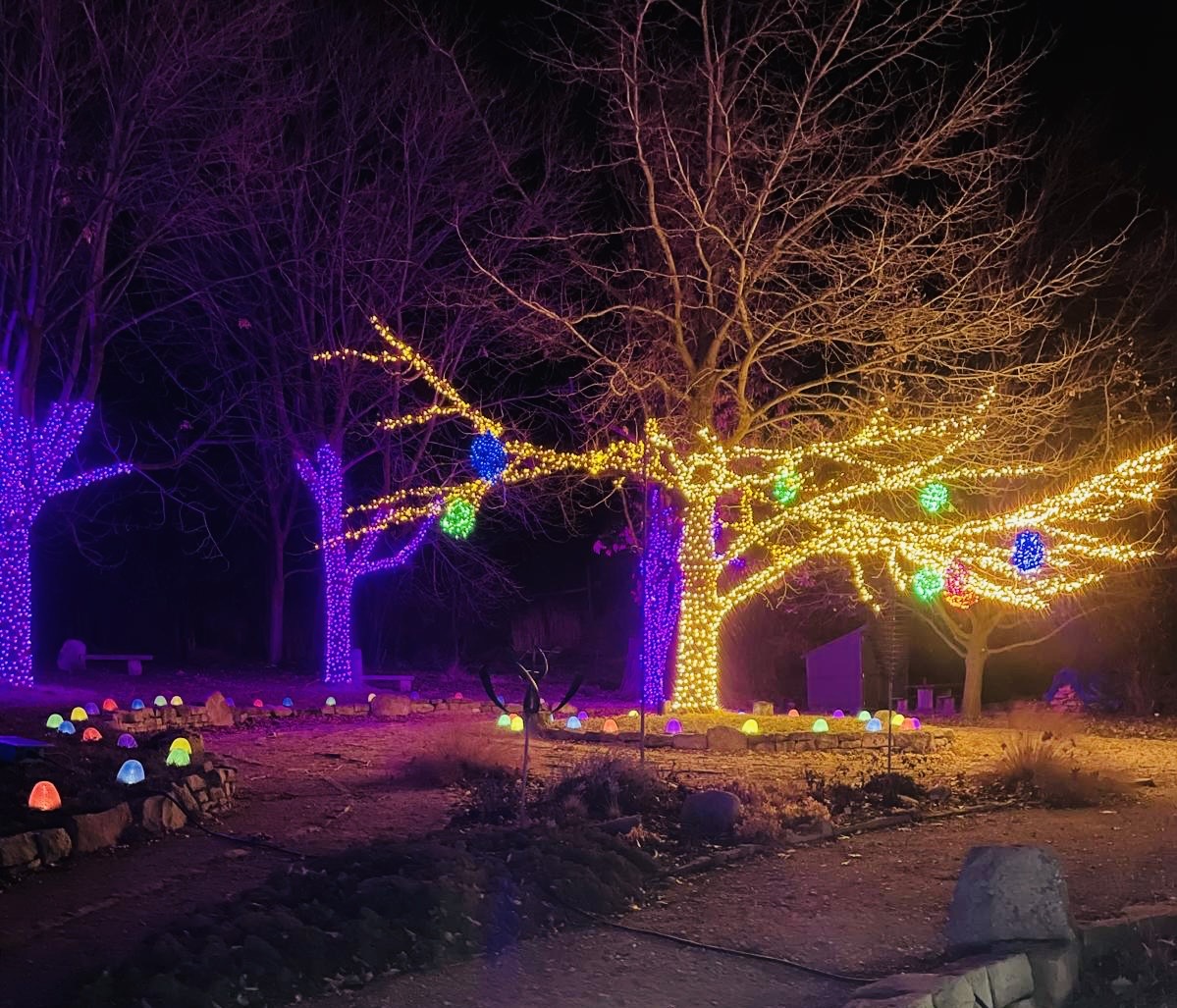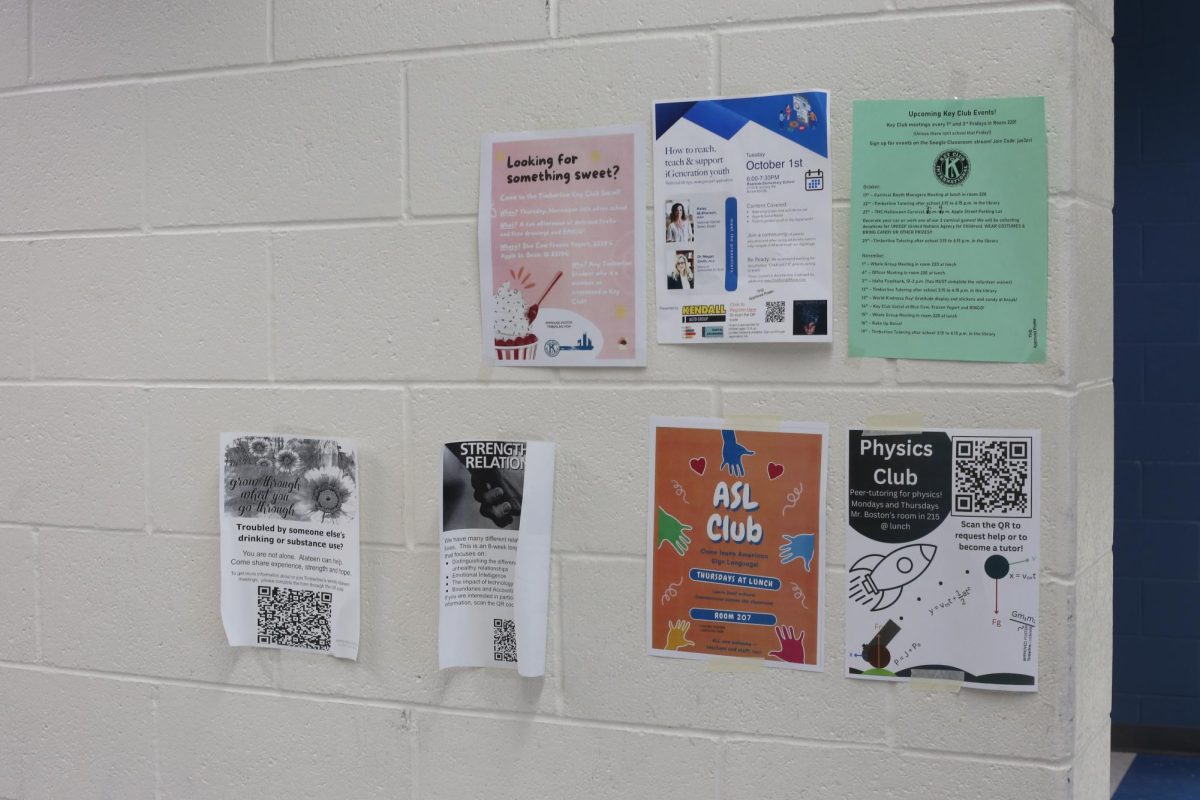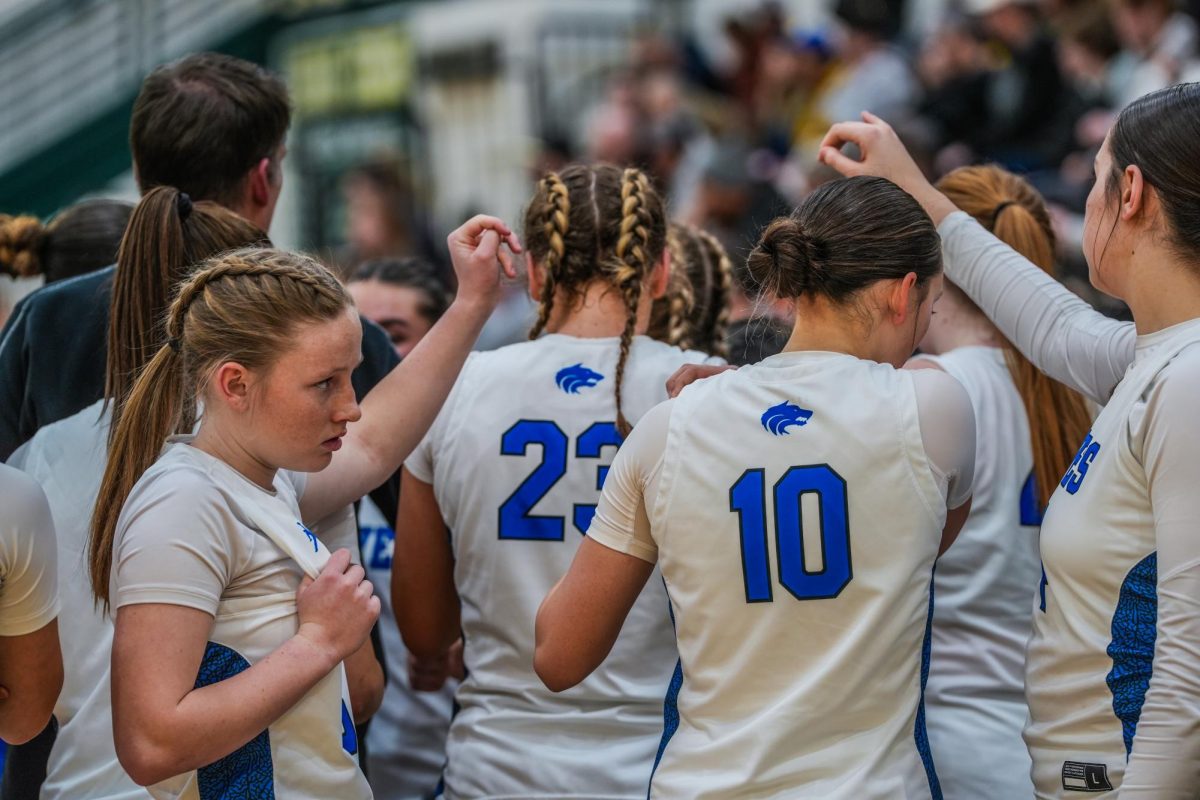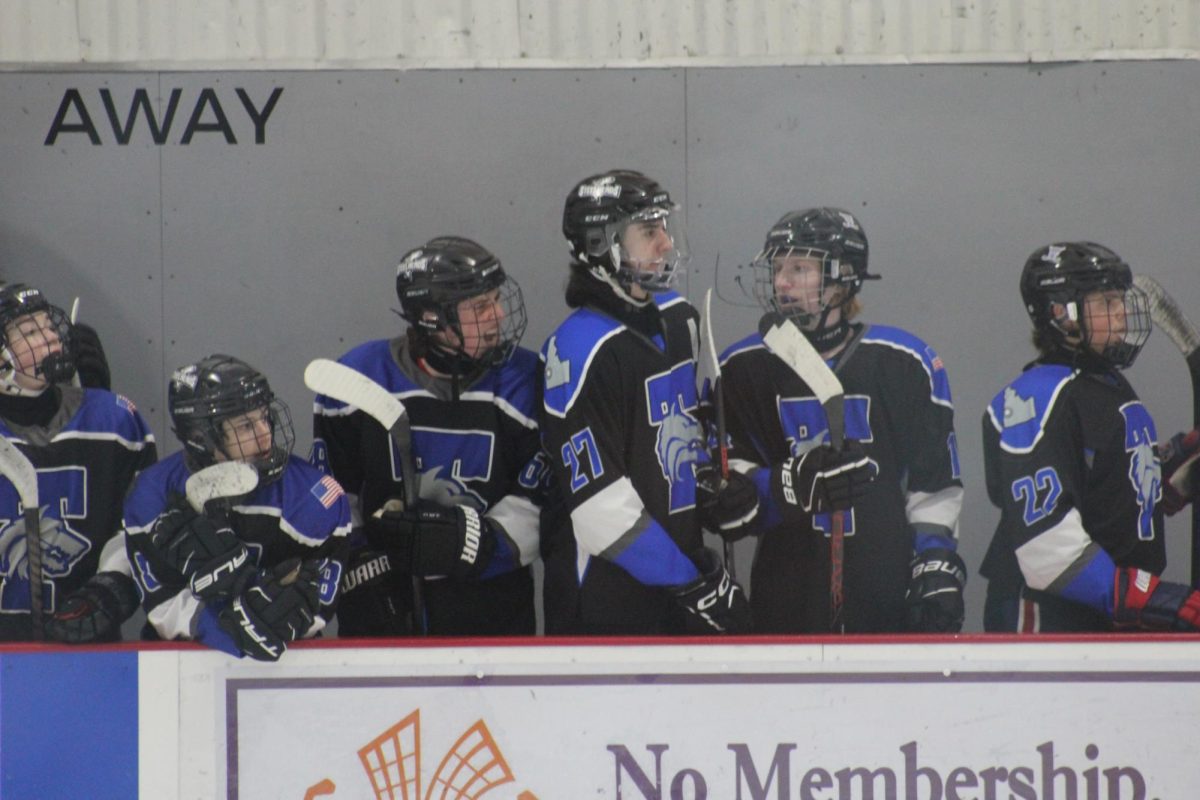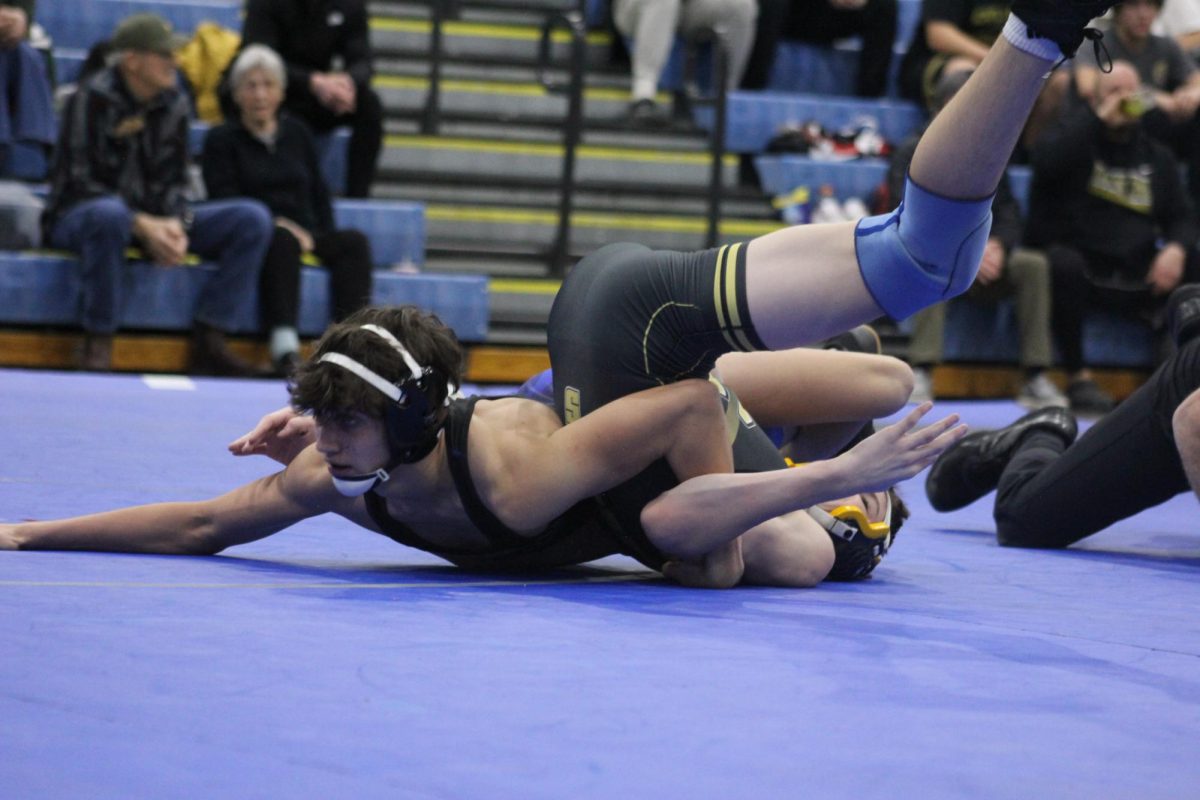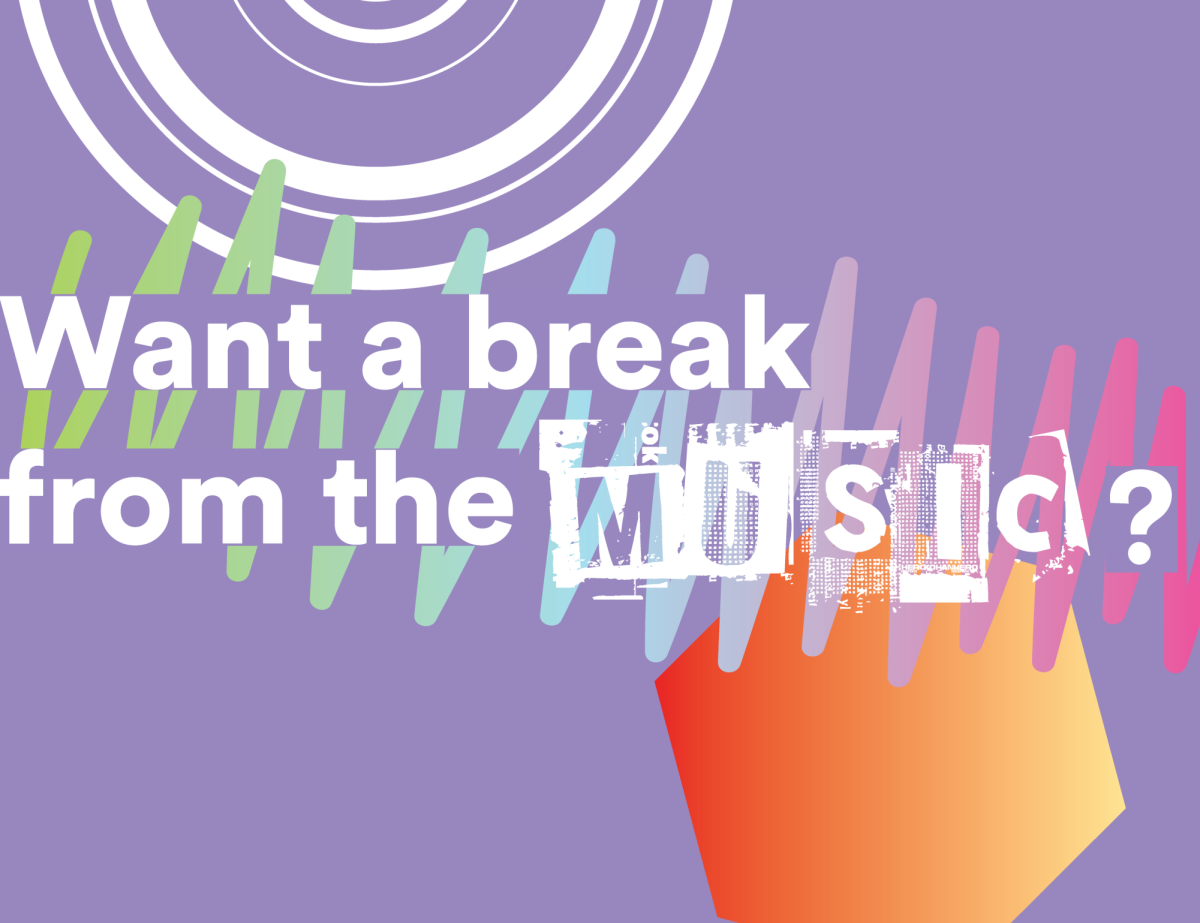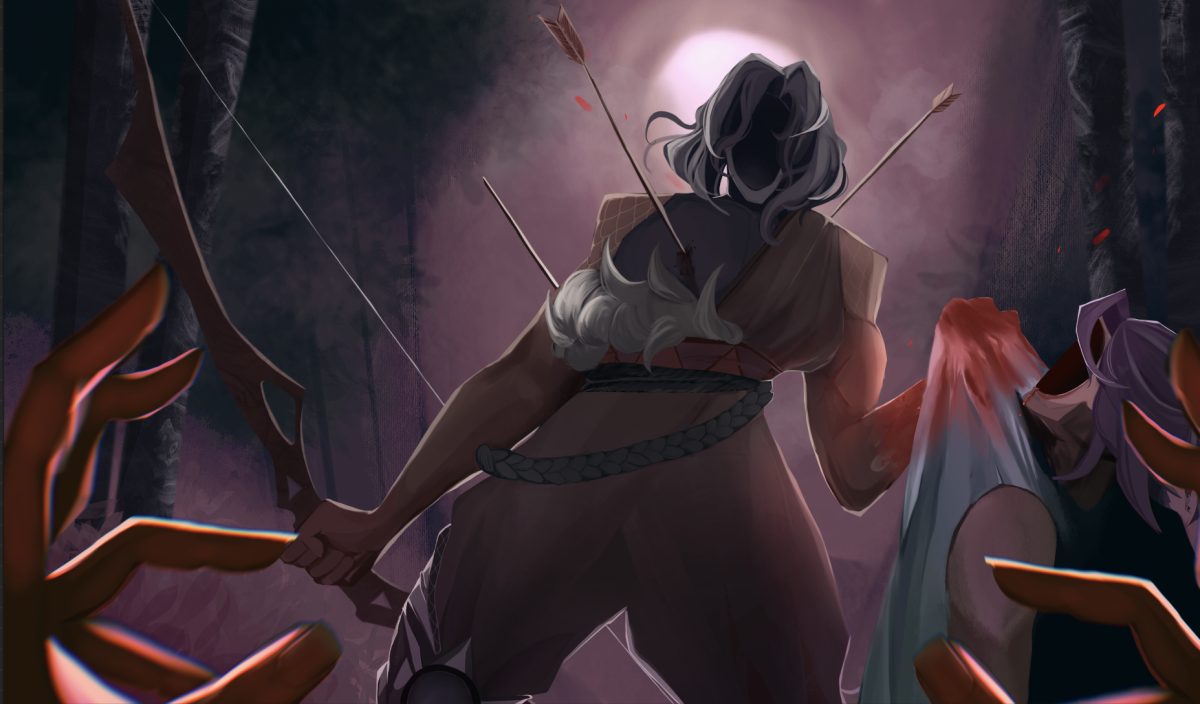Timberline’s Take: What Students Think About the Overturning of Roe v Wade
Photo by: Cara Halford
Pro-choice protests on June 25th in Boise after Roe v Wade was overturned
October 11, 2022
“My Body My Choice”
These words rang out across the country when the US Supreme Court overturned Roe v Wade in June of 2022. The 6-3 decision in Dobbs v Jackson’s Women’s Health ruled abortion as unconstitutional and left its legality up to the states. Only a month later, Idaho’s trigger ban went into effect, banning all abortions with exceptions for rape, incest, and health of the mother. According to KTVB, the language of the ban is vague, and doctors can face 2-5 years in prison and suspension of their medical license if they perform an abortion outside of these exceptions.

United States map showing the status of state abortion rulings
But these trigger bans aren’t just going into effect in Idaho. According to Axios, as of January 5, 2023, 17 states have either severely restricted or banned abortion completely, and a total of 24 states are expected to further limit abortion access. Organizations like Planned Parenthood have sued some of these states, including Idaho, arguing that these bans endanger the mother’s and the community’s health, welfare, and rights.
At a state and national level, the right to choose, the right to bodily autonomy, and the right to privacy are now all under question. But in general, these fundamental rights are often applied to adults. Politicians are being asked to analyze a national decision that will have ramifications for future generations.
So what does the next generation think about all of this?
These are some of the many answers and opinions Timberline students had to the questions of what their thoughts were on the topic of and future impacts of the overturning of Roe v Wade.
“It makes abortion more difficult and more tedious to access”(Male, Senior).
According to the Guttmacher Institute, as of 2014, 90% of US counties didn’t have an abortion clinic. Barriers to accessing abortion include travel expenses, limited clinical operations, financial instability, and state restrictions. Now that abortion has become largely inaccessible country wide it is expected that these barriers will be compounded.
In terms of the time it takes to access abortion, according to the Guttmacher Institute 32 states require some kind of counseling before an abortion can be performed, and 27 of these states require 24 hours between when this consultation occurs and when the abortion is scheduled to take place.
“I thought it was really scary, because these issues have affected my family personally”(Female, Senior).
According to the Pew Research Center, using data collected from the Guttmacher Institute, there were 930,160 abortions in the US during 2020. The Pew Research center does note that this data is hard to calculate and compare, because different methods of data collection of abortions produce different results.
“Everyone should have the choice on what to do with their body”(Male, Junior).
According to the Pew Research Center, 61% of Americans believe abortions should be legal all or most of the time, while 37% of Americans believe it should be illegal.
“I’m feeling disappointment, anger….I’m definitely thinking about how the downfall of Roe v Wade will lead to the falling of many other laws, like with same sex marriage and interracial marriage”(Female, Sophomore).
The Supreme Court never made any definitive statements regarding the overturning of past precedents. But, according to PBS, in the Court’s majority opinion Justice Clarence Thomas said rulings regarding same sex marriage (Obergefell v Hodges) and the right to contraception (Griswold v Connecticut) should be reconsidered. On the other hand, regarding the decision to overturn Roe v Wade, Justice Samuel Alito insisted that, “this decision concerns the constitutional right to abortion and no other right”.
“It will impact where I go, which state I go to for college”(Female, Sophomore).
According to Now This News, a study done by NBC News and the Generation Lab found that 30% of upcoming college sophomores would consider switching schools if abortion was not accessible in their respective states.
“It wasn’t positive for me, I thought it was probably a step in the wrong direction… we’re going towards a situation where abortion rights are going to get stripped away more and more”(Male, Junior).
According to the US Census, as cited by the Washington Post, 1 in 3 women and girls between 15 and 44 have lost access to abortion.
“It’s unfair. I think it’s just too strict. It’s 9 people (The Supreme Court justices) who are deciding the fate of millions of women…I think there should be some sort of rule against abortion, but the total ban at 6 weeks is just ridiculous” (Female, senior).
According to the Pew Research Center, in 2019 93% of abortions occurred before 13 weeks of pregnancy, 6% occurred between 14 and 20 weeks of pregnancy, and 1% occur at more than 21 weeks of pregnancy.
“I thought it was interesting. I’ve always gone back and forth on it. I was kind of shocked when I heard about it. It kind of came out of nowhere”(Male, Junior).
“It was the first time the Supreme Court got rid of a previous decision. It was already historic in that sense.. It’s a moral decision for America”(Male, Sophomore).
According to the Pew Research Center, 7% of US adults say that abortion is morally acceptable in all cases and 24% say it is acceptable in most cases. 13% say it’s morally wrong in all cases, and 35% consider it as wrong in most cases. Much more people fall in the middle, with 21% of people not considering abortion as a moral decision at all.
“I mean already, this whole entire debate is a moral decision… People are basically trying to make decisions for other people. Like where are we drawing the line… I don’t know, it’s definitely a rough line to draw”. (Male Sophomore)
“It won’t affect me”(Male, Junior).
According to the Pew Research Center, 62% of women disapprove of the overturning of Roe v Wade and 21% approve of it. In comparison 52% of men disapprove and 47% approve.
“It’ll maybe make me think about the way our society is thinking and maybe about ways to help people who are in that situation”(Male Junior).
For those who want to, people can find resources to aid those seeking abortions at verified organizations like Planned Parenthood, which is pro choice.
“I was confused, because I didn’t even know what it was”(Male, Sophomore).
According to the National Library of Medicine, “an abortion is a procedure to end a pregnancy”. There are two types of abortion: medication abortion, which is done through prescribed pills and a procedural abortion which is done through removing the pregnancy (fetus) from the uterus. Roe v Wade, which is now overturned, conferred abortion as a right of privacy under the Constitution.
“I don’t really care about it”(Male, Senior).
“It’s not really our choice in the first place”(Male, Sophomore).
“I think that if people are gonna do it, get an abortion, they should at least pay some sort of consequence. Abortions shouldn’t just be free”(Male, Senior).
According to Planned Parenthood, which regularly provides abortions and other reproductive health care, abortions can cost up to $750. Health insurance plans vary on their coverage of abortion.
The Wolf Pack definitely has a variety of views on the future of abortion access in Idaho and America. Some are concerned about the impact of declaring abortion unconstitutional, as they fear for the sanctity of LGBTQ + rights. Since this is the first time that the Supreme Court has rescinded a previous right and reversed precedent, many fear there will be follow on and the Supreme Court will continue overturning precedents that concern the right of privacy, which includes gay marriage. Others fear for themselves and their families, thinking about how it affects young women and girls. There are also those who don’t see how this ruling affects them at all. But the through line of all of these opinions was respect as well as feelings of uncertainty about what will happen next for abortion access and reproductive rights in Idaho and in the United States. The country is at a pivotal point and only time will tell which way America turns.
To learn more about the origins of Roe v Wade being overturned go to: https://timberlinepawprint.com/2410/news/roe-v-wade-what-does-it-all-mean/
